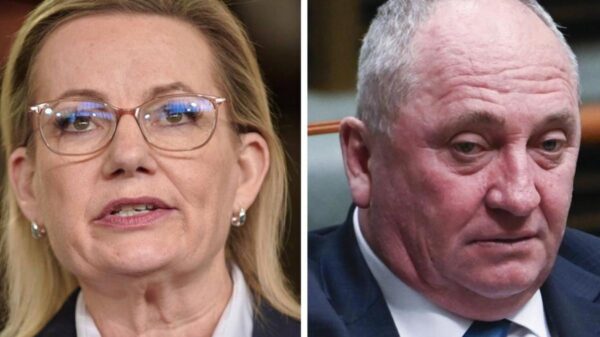Legislation concerning the proposed $3 million super tax plan has been postponed until after next month’s productivity roundtable, allowing for a more comprehensive discussion at the upcoming economic summit. The Division 296 tax would increase the earnings tax on balances exceeding $3 million from 15 percent to 30 percent. The government requires only the support of the Greens, who have shown some inclination towards the proposal.
Following the May 3, 2025 election, Treasurer Jim Chalmers indicated that discussions regarding the legislation would occur before parliament reconvenes. As of this week, no formal meetings have been scheduled, and the parliament will adjourn on Thursday, not resuming until August 25, a week after the three-day summit.
Tax reforms, including proposals for increased wealth taxes, are set to be a focal point of the summit agenda. Experts gathered in Canberra last week during a roundtable hosted by independent politician Allegra Spender highlighted various tax treatments that could alleviate pressure on income taxes. Suggestions included revising the tax treatment of trusts and capital gains, alongside adjustments to superannuation.
The Division 296 tax remains contentious due to its application to unrealized gains on illiquid assets in self-managed funds. Additionally, the $3 million threshold will not be indexed, raising concerns that it may ensnare more workers over time. The Greens have proposed lowering the threshold to $2 million while making it indexed, but the government has thus far resisted these changes.
A government source, speaking anonymously, revealed that no decision has been made regarding the timing for introducing the legislation. Nonetheless, they acknowledged that securing third-party support for higher wealth taxes at the summit could facilitate the political landscape surrounding the bill, particularly if it coincides with other tax increases.
To demonstrate its commitment to fulfilling its agenda, the government has focused on substantial cost-of-living measures, including waiving $16 billion in student debt and lowering medication costs under the pharmaceutical benefits scheme. Chalmers noted that he has already received approximately 800 submissions for the upcoming roundtable.
“I’m not naive enough to pretend that we say that we’ll bring people together in the cabinet room and all of a sudden, everyone will have a unanimous view about everything,” Chalmers stated. He emphasized the importance of identifying common ground among differing views to build consensus.
With the economic summit approaching, the outcome of discussions could significantly influence the future of wealth taxation in Australia, shaping not only fiscal policy but also the broader economic landscape.





























































